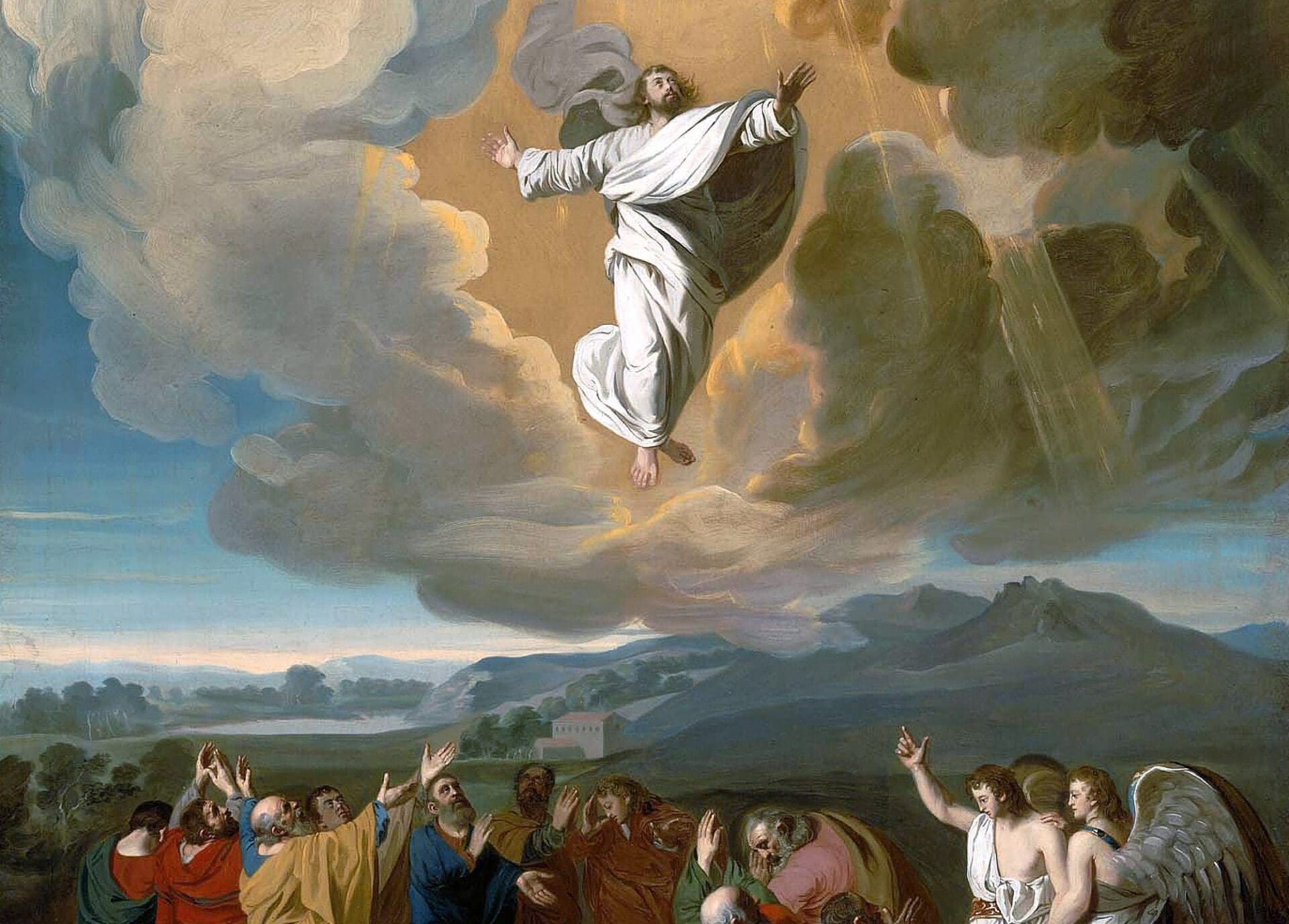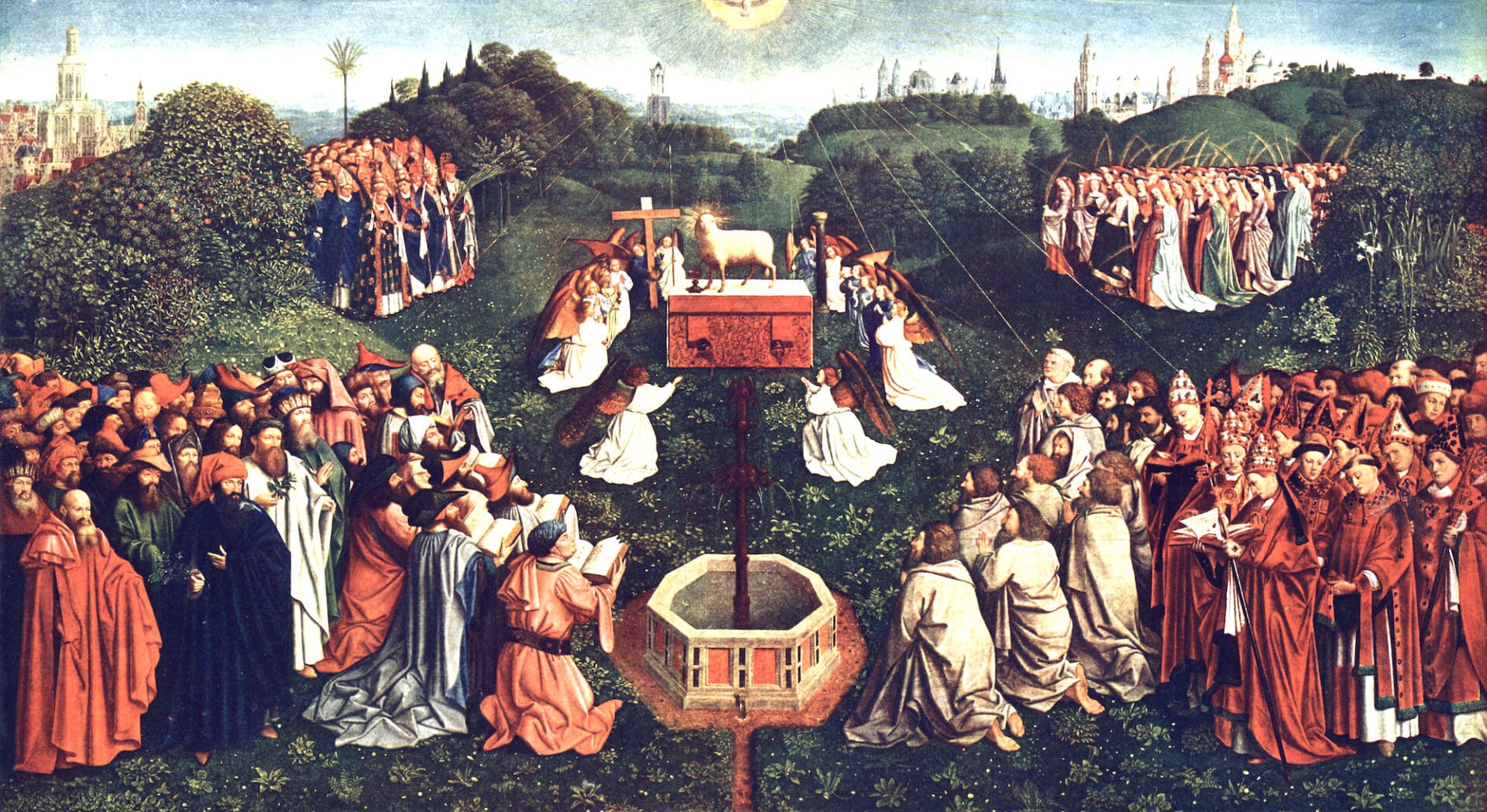In some places, Ascension is on Thursday, while in other places it is observed on Sunday. Why is this the case?
For many people, questions surrounding the liturgical calendar continue to be among the most frequently asked and most difficult to understand. This is especially true of holy days of obligation.
The Code of Canon Law, in addition to the General Norms on the Universal Year and Calendar, lists the Church’s holy days. The first and most important holy day, Canon 1246§1 says, is Sunday, “which by apostolic tradition the paschal mystery is celebrated, must be observed in the universal Church as the primordial holy day of obligation.”
After Sunday, the Code lists ten holy days of obligation for the Universal Church:
- Mary the Mother of God, January 1
- Epiphany, January 6
- St. Joseph, March 19
- Ascension, Thursday of the Sixth week of Easter
- Corpus Christi, Thursday after Trinity Sunday
- Sts. Peter and Paul, June 29
- Assumption of Mary, August 15
- All Saints, November 1
- Immaculate Conception, December 8
- Christmas, December 25
But Canon 1246 also permits Bishops’ conferences, with the approval of the Holy See, to suppress some of these holy days or transfer them to a Sunday. In the dioceses of the United States, for example, two of these holy days of obligation – St. Joseph and Sts. Peter and Paul – have been suppressed. These days remain solemnities (which has some impact on what other Masses, such as ritual Masses, may be said), but their obligatory character is lifted.
Other holy days may be transferred to a Sunday. Again, in the dioceses of the United States, the Epiphany, Corpus Christi, and – at least in some places – the Ascension are transferred to Sunday. In 1999, the Congregation for Bishops approved the legislation of the United States bishops that permitted “the Ecclesiastical Provinces of the United States [to] transfer the Solemnity of the Ascension of Our Lord and Savior Jesus Christ from Thursday of the Sixth Week of Easter to the Seventh Sunday of Easter.”
An ecclesiastical province is a collection of dioceses, usually drawn along geographic lines, consisting of a metropolitan archdiocese and the suffragan dioceses, whose purpose is to promote “a common pastoral action of various neighboring dioceses and the more closely to foster relations between diocesan bishops” (Canon 431§1). The Milwaukee Province, by way of example, consists of the Archdiocese of Milwaukee and the suffragan dioceses of Madison, Green Bay, Superior, and La Crosse.
The Feast of the Ascension, then, is either transferred or not, based on the decision of the Ecclesiastical Province, so the feast may be celebrated 40 days after Easter – or 43, on the Seventh Sunday of Easter.
There’s a final note about the remaining five holy days of obligation. When the feasts of Mary, Mother of God, the Assumption, or All Saints falls on a Saturday or Monday, the obligation to attend Mass and abstaining from work is lifted. The December holy days, however, always retain their obligatory character, even if December 8 or December 25 lands on Saturday or Monday.


